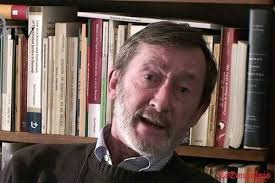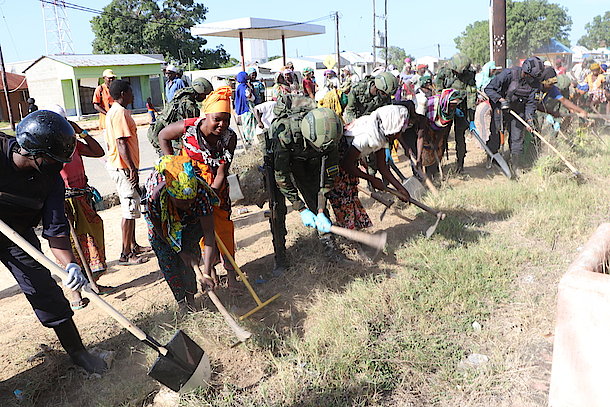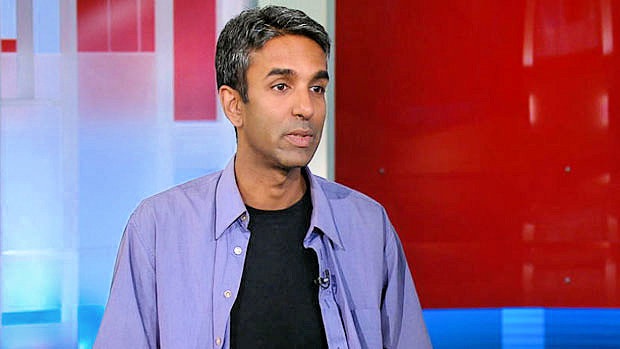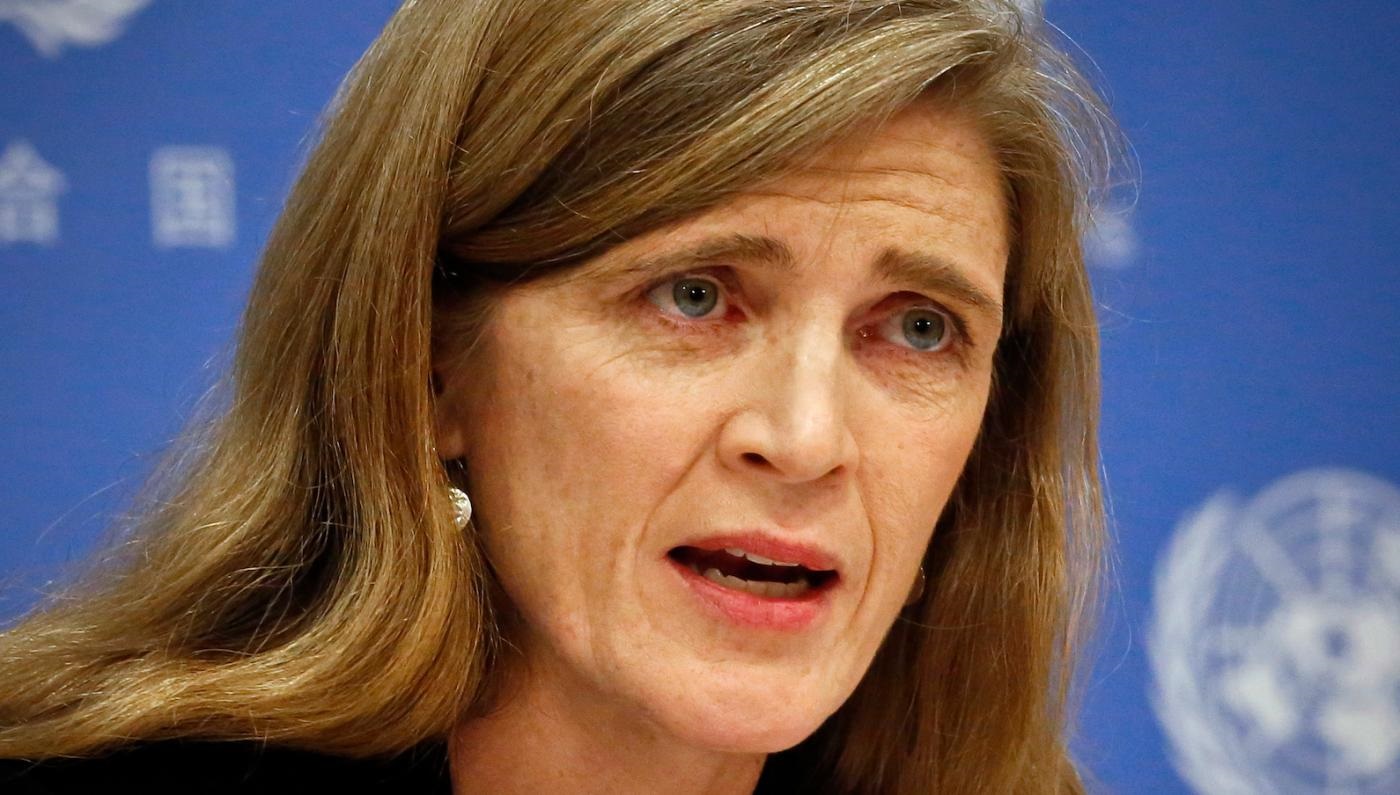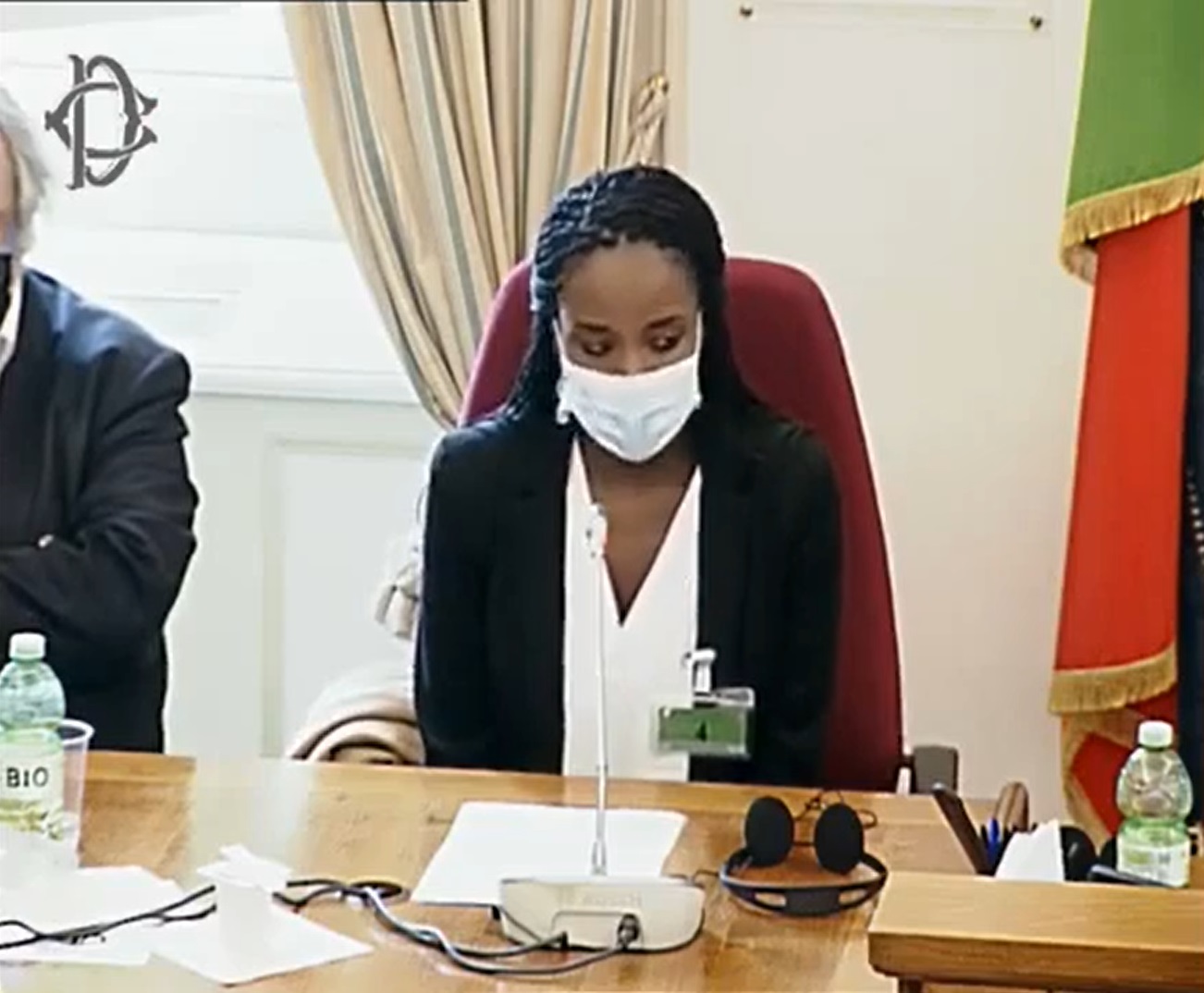International
The trial of Rwandan genocidaire and lessons learnt
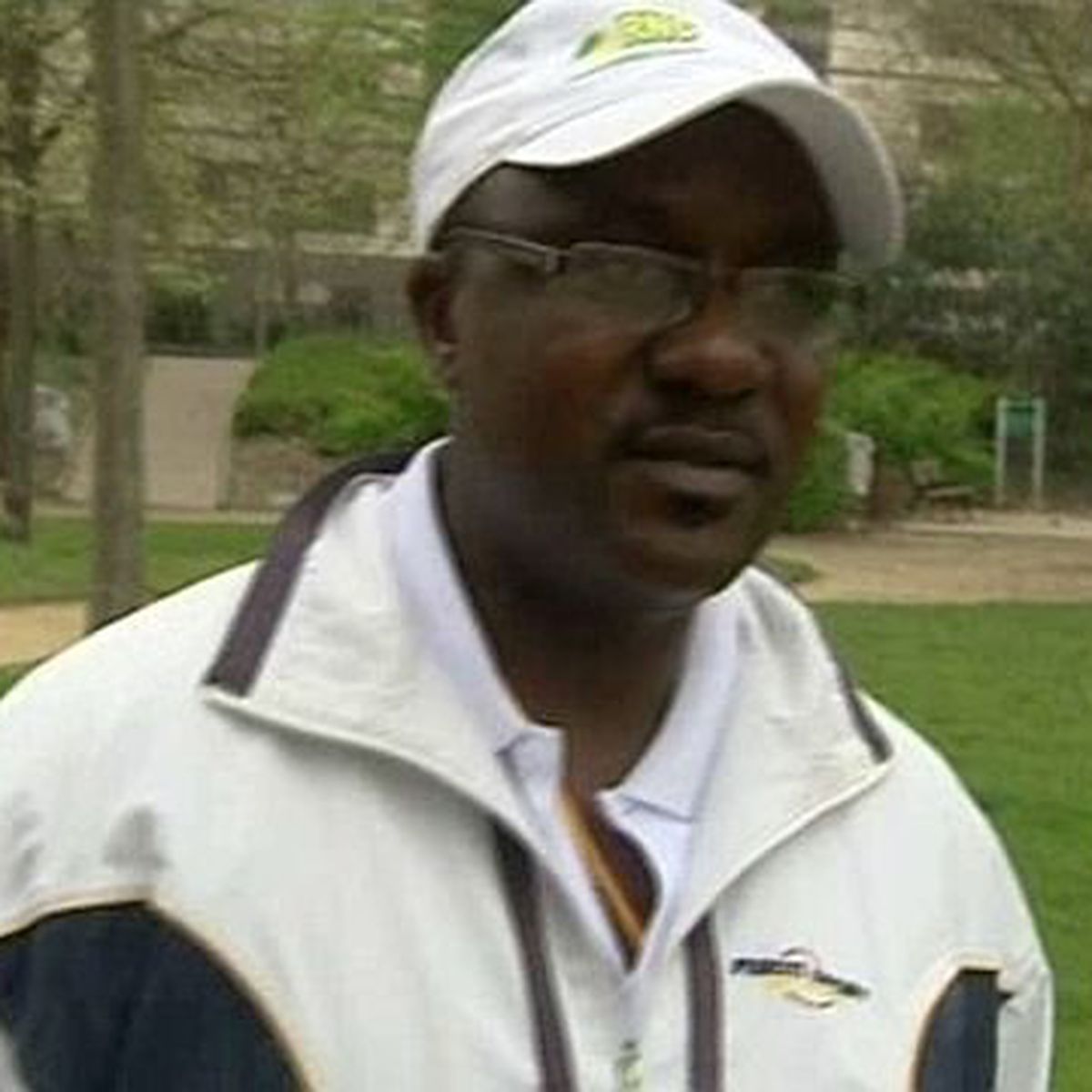
The on-going
trial in France of a Rwandan genocide fugitive, Claude Muhayimana has
re-ignited the debate about the slow response of the international community in
apprehending and putting on trial hundreds of genocidaires roaming freely in various
parts of the world.
While countries
like The Netherlands, the US, Sweden and Canada acted and extradited suspects
to Rwanda to answer for their crimes, others like France, Belgium, and many
African countries have either ignored the arrest warrants, or are just dragging
their feet.
Muhayimana
obtained French citizenship in 2010. He currently lives in Rouen, France.
He is accused of “complicity” in genocide and crimes against humanity
for having “aided and abetted” the Interahamwe militias by transporting them to
different refugee sites, notably at Nyamishaba School, at Gitwa, and Bisesero
where hundreds of thousands of Tutsi were massacred.
In addition, he is accused of participating in the killings conducted in
the Kibuye Catholic church on April 17, 1994. He also allegedly worked closely
with the then prefet of Kibuye, Clement Kayishema, who was convicted by the
International Criminal Tribunal for Rwanda (ICTR) for life imprisonment but
died in prison in Mali in 2016.
On December 13, 2011, Rwandan judicial authorities had issued an
international arrest warrant against Muhayimana for his role in the 1994 genocide
against the Tutsi in Rwanda. They had requested his extradition by France. On
April 9, 2014, Muhayimana was arrested in Rouen following a complaint filed in
June 2013 by the Collectif des Parties Civiles pour le Rwanda (CPCR) rights
group. A criminal investigation was launched regarding his alleged role in the
genocide committed in Kibuye, and he was placed in pre-trial detention. On
April 3, 2015, Muhayimanawa was released and placed under judicial supervision.
On November 9, 2017, the examining magistrate referred the case to the
Criminal Court in Paris (Cour d’Assises) for complicity in genocide and crimes
against humanity through aiding and abetting the Interahamwe militias.
Muhayimana’s trial will last till end of December 2021.
Muhayimana is the fourth genocide suspect who is tried in France. He
follows Pascal Simbikangwa who was sentenced to 25 years in 2014. It also comes
after a joint trial of two former mayors Octavien Ngenzi and Tito Barahira who
were both handed life sentences in 2016.
But given the number of genocide fugitives, including individuals who
were ring leaders in the planification and execution of the genocide against
the Tutsi, holed up in France, this is a drop in the ocean. At this pace,
justice will never be rendered in time because most survivors will be dead.
Nevertheless, at least France has shown pretence of some justice. Other
countries, like the United Kingdom have completely ignored pleas to try key
genocide fugitives living scot-free in their territories for over two decades.
Writing in The Sunday Times on April 7, 2019, Andrew Mitchell, said: “In
1945 Britain was at the forefront of the prosecution of Nazi criminals at
Nuremberg. We are proud of our reputation around the world for promoting
accountability and standing up for certain important values.
“But we also know that 25 years ago a terrible genocide took place in
the heart of Africa, where nearly 1m Tutsi people were murdered by their Hutu
neighbours over a 90-day period — a faster killing rate than Hitler achieved
with all the industrial mechanisms of the Holocaust. And Britain harbours a
guilty secret which should worry all decent people who care about its role in
the world.”
Regrettably, the UK today
has not shown willingness to extradite or try the five suspects who took part in
horrible mass-killings in parts of Rwanda. Those suspects are Celestin
Mutabaruka, from Kent; Vincent Brown, also known as Vincent Bajinya, from
London; Celestin Ugirashebuja, from Essex; Charles Munyaneza, from Bedford; and
Emmanuel Nteziryayo, from Manchester.
Three of those accused were
former mayors in Rwanda. All five deny the allegations against them and
involvement in the genocide despite overwhelming evidence against them.
While the Rwandan grassroots
courts – Gacaca courts – tackled as many as two million cases, the ICTR only
managed to complete 69 trials. Gacaca trials cost $40 million, whereas the ICTR
trials cost a staggering $1 billion.
Genocide is a crime against
humanity. The international community has no excuse in not tracking and
punishing the perpetrators.
While most Rwandans are very
much delighted about how the government managed to ensure that justice was done
and seen to be done, they are rightly aggrieved by the lack of adequate
response by the same community. As the saying goes, justice delayed is justice
denied. Britain and other countries are denying justice to Rwandans.


